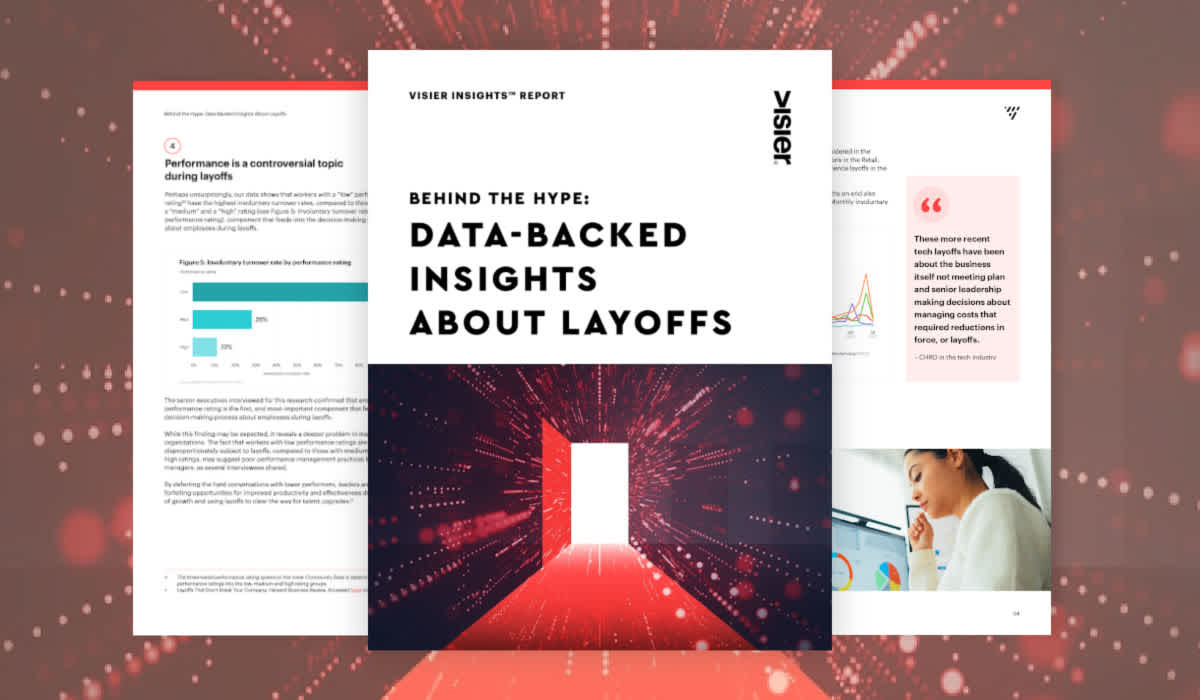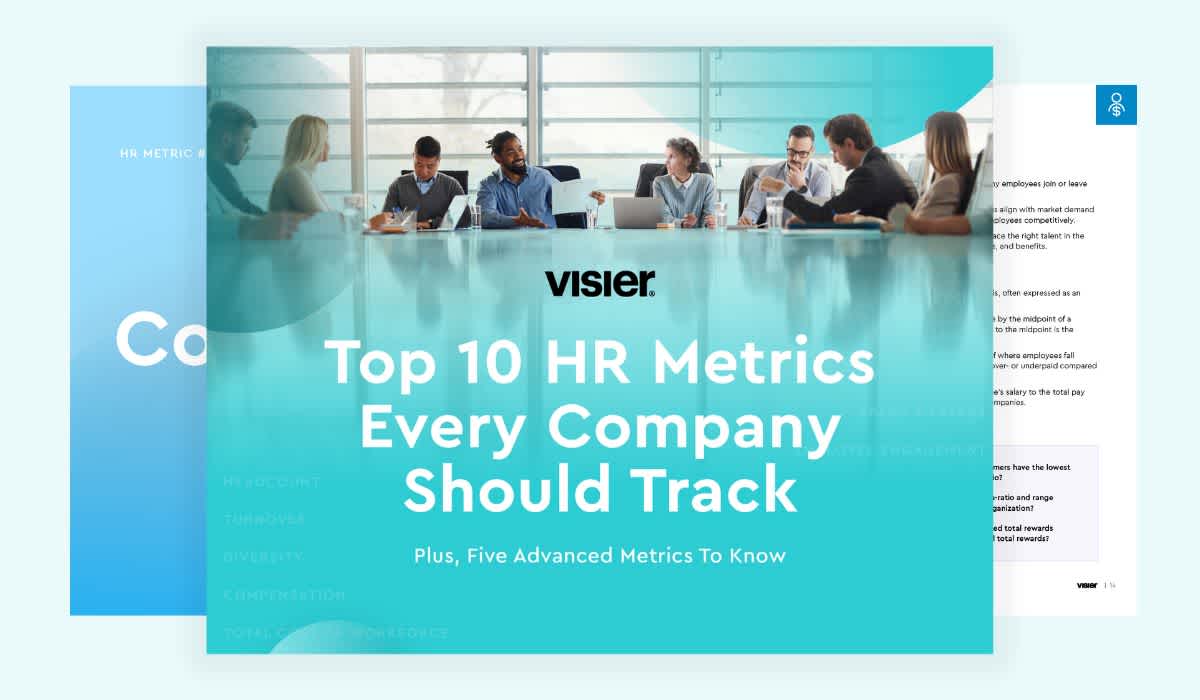What Is a Recession?
What is a recession? A recession is a time of declining economic performance which can last for several months or even years.

What is a recession?
A recession is a time of declining economic performance. A recession is generally related to a country’s economy and can last for several months or even years. A recession can be distinguished from a depression in that a depression refers to a more severe decline in the economy, or gross domestic product (GDP.)
The last Great Recession was in 2008, triggered by the mortgage crisis of 2006.
What causes recessions?
Recessions are caused when demand for goods and services exceeds the availability of those goods and services. There are, according to the balance, 12 typical causes of a recession. The top five include: loss of confidence in investment and the economy, high interest rates, a stock market crash, falling housing prices and sales, or a slowdown in manufacturing orders.
Are we headed for a recession?
While Rubeela Farooqi, chief U.S. economist at High Frequency Economics says that: “Nothing in the U.S. data is currently suggesting a recession is imminent,” as of mid 2022 others believe that the country is headed in that direction.
The National Bureau of Economic Research (NBER) tracks U.S. business cycles and says that: “in the case of the February 2020 peak in economic activity, the committee concluded that the subsequent drop in activity had been so great and so widely diffused throughout the economy that, even if it proved to be quite brief, the downturn should be classified as a recession.”
What impact do recessions have on employers?
Recessions widely impact businesses including reduced demand for their products and services and credit conditions. Rising concerns among both employees and consumers can impact productivity and the bottom line.
One of the first things that companies tend to do when faced with the impacts of a recession is determine whether to institute layoffs or furloughs. That can often be a major misstep. This is especially true in today’s hiring climate where employees of all kinds are difficult to find and retain.
What can companies do to minimize the impacts of recession?
Using people analytics to gather insights about the workforce—and sharing that information with HR, finance and senior leaders—can be an important starting point to think strategically about the potential impacts of recession and how to address them.
Understanding compensation costs and how employees contribute to revenue and impact budgets and expenses is critical to ensure strategic staffing. Today’s employers must also take into account the impact of potential of the gig or contingent population.


